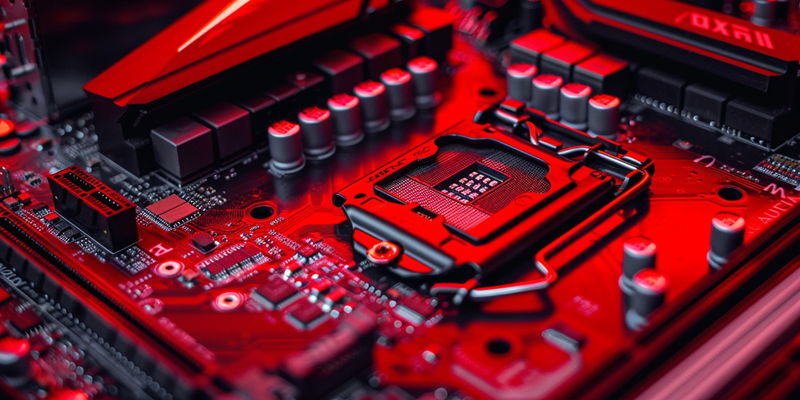As ByteDance embarks on an ambitious journey to advance its generative artificial intelligence (AI) capabilities, it faces an intricate web of challenges due to tightening US export controls on technologies that could potentially enhance China’s military prowess. This strategic move to develop AI hardware in collaboration with Broadcom underscores ByteDance’s commitment to maintaining its technological edge amidst mounting geopolitical tensions. Their growing suite of applications, including globally popular platforms like TikTok and Douyin, alongside the AI-driven Doubao chatbot, highlights the crucial role of robust AI infrastructure.
Navigating Geopolitical Tensions
The geopolitical landscape has significantly impacted ByteDance’s access to advanced semiconductor technology, particularly from Taiwan’s TSMC, a leader in the chip manufacturing industry. US restrictions have sharply curtailed China’s ability to procure state-of-the-art chips, posing a formidable obstacle to technological advancements for companies like ByteDance. In response, ByteDance seeks to develop a new AI chip that aligns with US export laws while still leveraging advanced manufacturing processes.
Collaboration with Broadcom
ByteDance’s collaboration with Broadcom centers around the development of an application-specific integrated chip (ASIC) employing a 5nm manufacturing process. Despite China’s recent success in 5nm production using modified lithography machines, ByteDance plans to have these chips fabricated by TSMC, which boasts superior manufacturing expertise. This tactful strategy ensures compliance with US regulations while harnessing elite manufacturing prowess to advance their AI hardware capabilities.
Dependence on Nvidia and Diversification Efforts
Currently, ByteDance depends heavily on Nvidia’s AI accelerators, having stockpiled high-end A100 and H100 chips prior to their embargo. These accelerators are critical for sustaining AI performance across ByteDance’s suite of applications. Furthermore, ByteDance has acquired Huawei’s Ascend 910B accelerators to diversify their hardware inventory amid increasing sanctions. This diversification underscores ByteDance’s effort to safeguard its technological foundation.
Investment in Self-Reliant Hardware
In a bid to mitigate geopolitical risks and cultivate long-term independence, ByteDance has invested $2 billion in AI chip development in 2023 alone. These custom AI chips, still in early developmental stages, represent ByteDance’s proactive stance in fostering technological self-reliance. While no production timeline has been confirmed, the significant investment underscores the company’s dedication to fortifying its AI infrastructure.
Conclusion
ByteDance is embarking on a bold endeavor to enhance its generative artificial intelligence (AI) capabilities despite facing a network of challenges due to stricter US export controls. These controls aim to prevent technologies from bolstering China’s military capabilities. To navigate this complex landscape, ByteDance is partnering with Broadcom to develop advanced AI hardware, underscoring its commitment to staying at the forefront of technological innovation amidst rising geopolitical tensions.
ByteDance’s expanding array of applications, such as the global phenomena TikTok and Douyin, as well as the AI-driven Doubao chatbot, demonstrate the critical importance of having a strong AI infrastructure. These platforms not only entertain but also leverage AI to provide personalized user experiences, making robust AI development essential for maintaining their competitive edge.
As ByteDance navigates these geopolitical hurdles, its efforts to strengthen AI capabilities highlight its proactive approach in adapting to an increasingly stringent regulatory environment. By investing in cutting-edge AI technology, ByteDance aims to remain a leader in the tech industry while strategically balancing innovation and compliance.

